I just had to share a few examples of the contemporary Architecture in the amazing city of Venice....the city where everyone goes to feast their eyes on antiquity. My visit to Venice was part of a course of study on "Contemporary Italian Architecture". On this visit I had a chance to see a slightly different view of Venice.
The New:
"Casa delle Zattere"
The building below "Casa delle Zattere" was designed in 1953 by architect Ignazio Gardella. Building a new structure in Venice has always presented a stylistic dilemma; how could one ever hope to design a modern building that was compatible with the prevailing styles.
Details of windows of the "Casa delle Zattere"
This design might be thought of as a new gothic palace, a modern building rendered with a veneer of subtle gothicising detail. The stone base, the window frames and sills, balustrades, chimneys, doorways and corners are all designed to make reference to 13th century details and ideas. Along the canal, the 6 story high façade is detailed to fit comfortably with buildings to either side. The traditional Palace elements of base, piano nobile, attic, and roof are expressed within the context of a typical medieval Venetian courtyard house. The Architect, Gardella also used traditional Venetian building materials to help this building blend seamlessly into its surroundings. Today the home is occupied by the Cipriani family of the famed Cipriani Hotel.
Casa delle Zattere as seen from across the canal
This is a detail of the Casa delle Zattere and the adjoining Medieval church. Notice how the cornice details were carried through from the church to the new building, helping the contemporary structure to seamlessly blend to the ancient structure.
Olivetti Showroom
Below are details of the Olivetti Company showroom store designed by Carlo Scarpa 1957-1958 located in San Marco Plaza 101 . Carlo Scarpa paid great attention to detail, often using several different materials simultaneously. He explored tiny universes, studying the relationships among all the elements involved without losing sight of the project as a whole. This store is a virtual feast for the eyes. I could have spent several more hours there discovering all the details. Unfortunately I wasn't allowed to take pictures, but just happened to snap these from the outside. The store has been sold and is now occupied by an Art Gallery. It is a shame because they haven't done much to preserve the integrity of the original design. But it was still very worthwhile to visit and I found it very inspiring. Olivetti was very good in sponsoring and fostering the arts and were ahead of their time in being innovative.
Close-up of the hand laid mosaic floor made of Murrine. Murrine are sliced pieces of candle-layered Murano-glass
used to make the internal ornamentation of millefiori glass-paperweights."
Left Window detail in brass Brass / Right Fountain detail
Querini Stampalia Garden
Carlo Scarpa (1906-1978) is an architect whose development draws on deep roots in the Veneto region, and on traditional forms and construction methods. He is the same architect that designed the Olivetti Showroom above. Galleria Querini Stampalia, (1961-1963) is the restoration of the ground-floor of an old Venetian palace with the integration of a garden that is used as a gallery and exhibition space. Again, as in the Olivetti showroom, the attention to detail was outstanding. I was fortunate to visit the garden late on a Sunday afternoon and was the only person there. I had the advantage of being able to view the garden in its entirety unobstructed, and plenty of time to savour the details.

The building was a former Palace and this is the entry via Gondola. Scarpa designed the new metal doors.
Hotel Monaco Renovation
I was very excited to see the new renovation of the Hotel Monaco as there has been some controversy surrounding it. One part of the Hotel remains intact in the traditional decor and the other part, being the entry off the side walkway and the Reception, have a new very glamorous modern look. I found the juxtaposition of the old with the new to be very fresh and well done.
New mosaic panel and large scale lamps. Notice the beautiful terrazzo floors throughout.
Left is a large scale new mosaic panel that serves to separate the new covered interior courtyard from the Reception.
Right The elevator vestibule was a old Venetian canal scene reproduced on glass and backlit.
Stair details

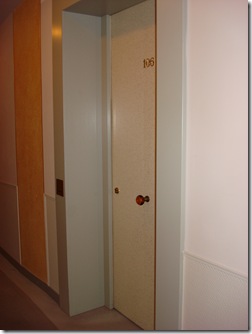
Suite entry doors. The bronze glass door knob was mounted in the center of the door....very cool.
Public washrooms featured these Cararra marble sinks. The taps were motion activated. The Italians do bathrooms like no other country. They are employ more energy efficient techniques than are currently found in North America. For example most taps, even in homes are motion sensor operated. Toilets are dual flush- a small flush or a full flush. Lights are motion sensor operated, they turn on when someone enters the room and turn off when you leave. Paper products in bathrooms are kept to a minimum ( no toilet seat covers and no paper towels).
Left The hotel from the street
Right The Hotel from the Canal
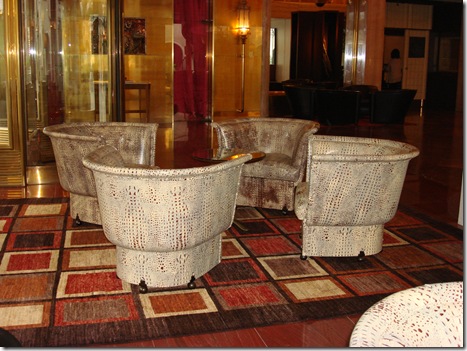
Lobby Chairs covered in Reptile Leather
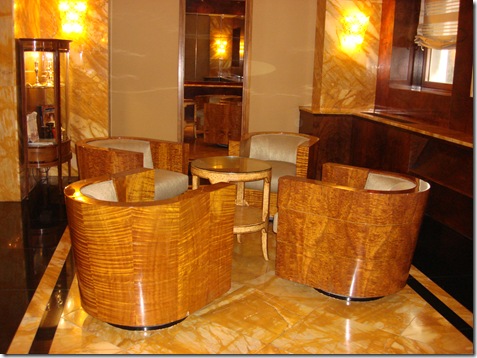
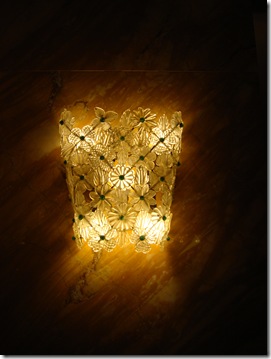
Right Murano glass ceiling & wall sconces
Table covered in Ostrich skin
Window Shopping
Emilio Pucci, Missoini, Bottega Veneta, Hermes - they are all there.......
You can’t mistake a Pucci print, which is iconically Italian. Since the late-1940s, when Italian skier and socialite Marchese Emilio Pucci casually tried his hand at design, the brand has been synonymous with bold, brightly colored graphic patterns with a kaleidoscopic, slightly psychedelic feel. Pucci prints usually appear on clingy, stretchy fabrics, and are widely applied in every category—evening wear, ready-to-wear, swimwear, accessories, shoes and home décor; they have even been featured in the logo of the Apollo 15 space mission and the interior of a Ford Lincoln Continental. Vintage Pucci is highly collectible, but present designer Christian LaCroix’s more current designs—which use prints from the Pucci archive—are also in high-demand.
Missoni is an Italian fashion house based in Milan. It is famous for its unique knitwear, made from a variety of fabrics in colourful patterns.
Bottega Veneta is a manufacturer of luxury leather goods, most famous for its Intrecciato line of woven leather. The company is based in the Veneto region of northeast Italy. A family firm founded in 1966, Bottega Veneta was bought by Gucci in 2001.
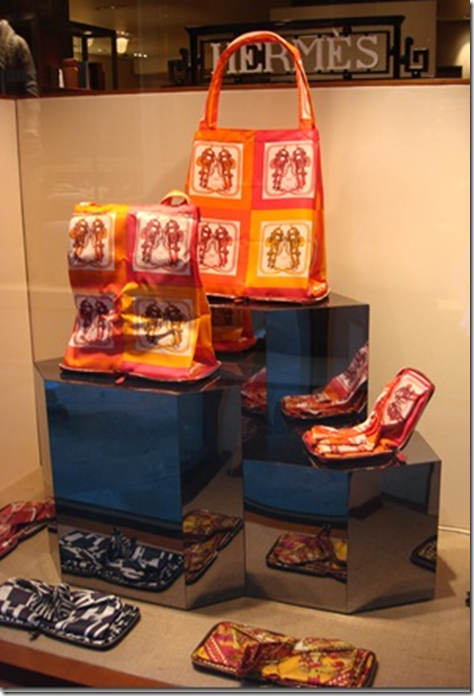
Hermes was showing it's hot, new scarf traveling bag. Bellissimo!!
See other articles on Venice:
VENICE - Bauer Palladio Hotel & Spa, Giudecca Island, Redentore
Venice - Architecture of the 20th Century
Patricia Gray writes about Interior Design inspirations, emerging trends, and the world of Design.
While you're here, subscribe to this feed so you don't miss out.
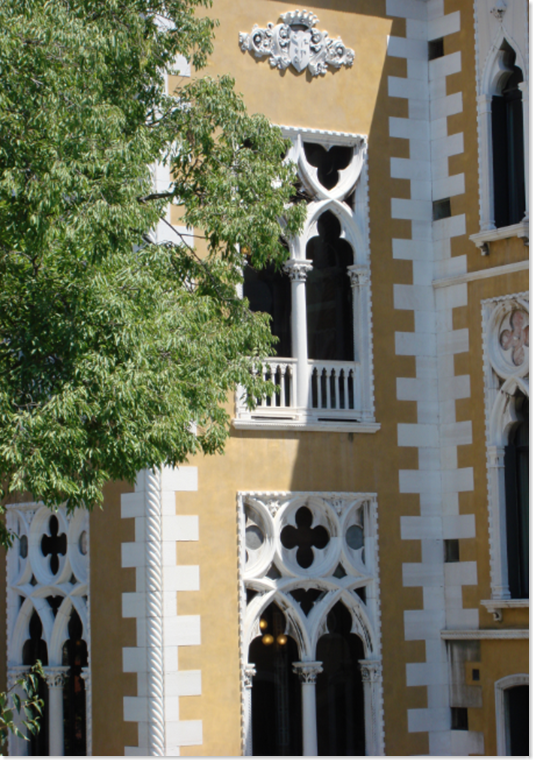
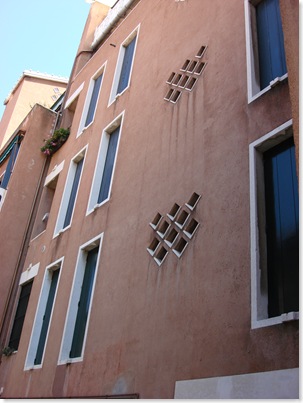

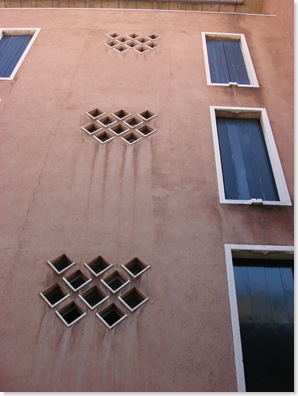
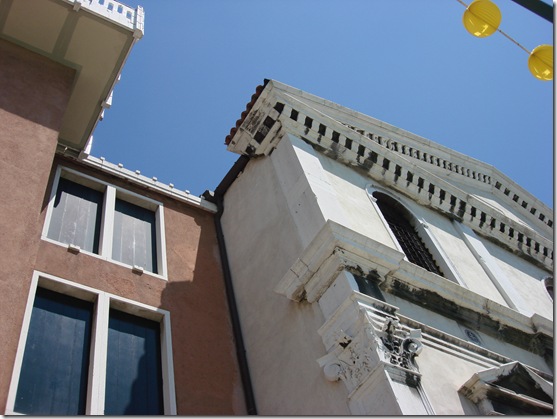
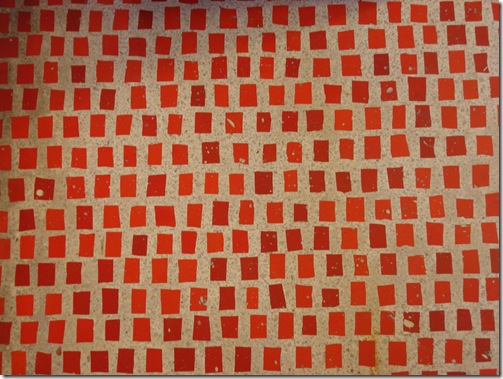


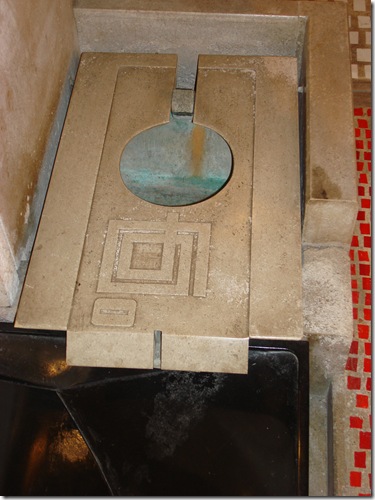

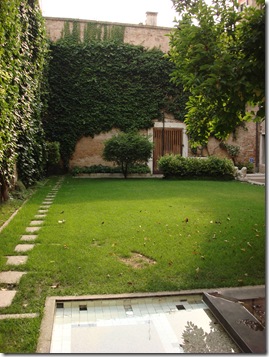
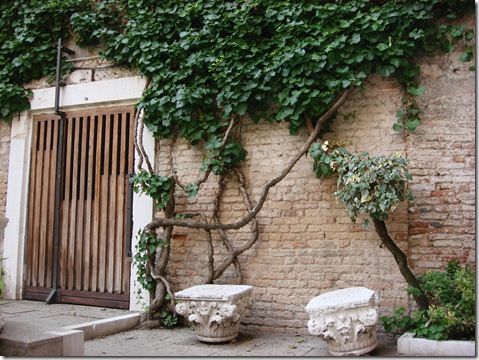



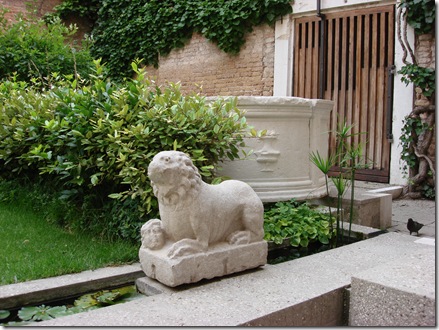
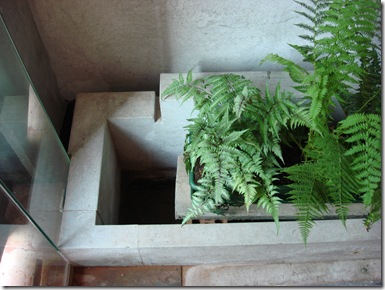
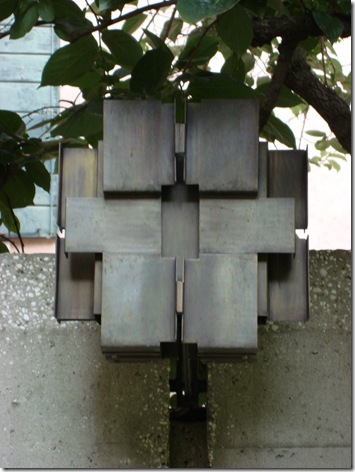
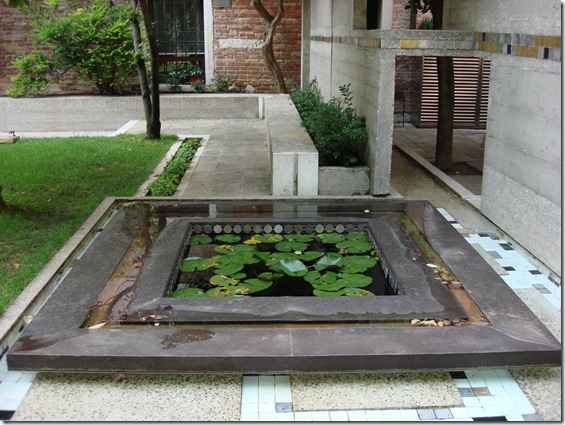
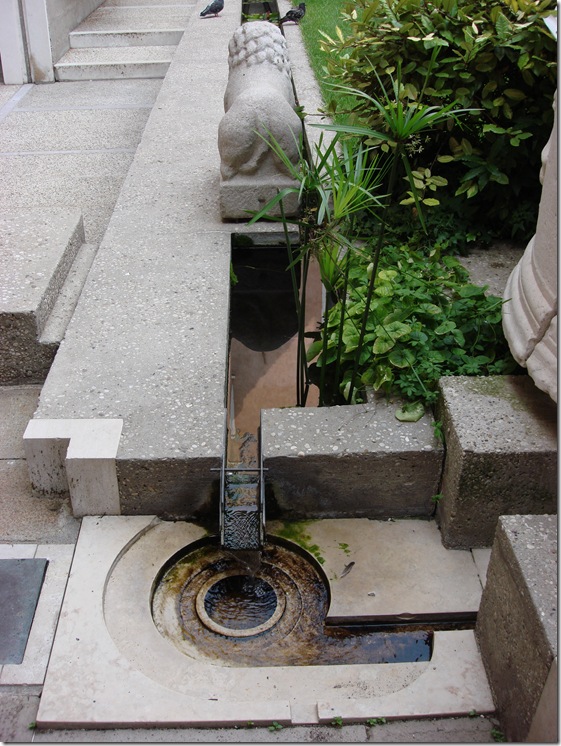

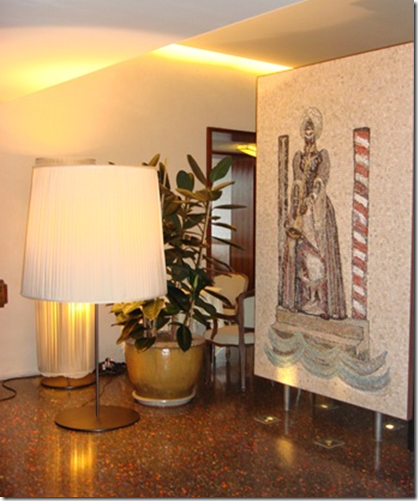

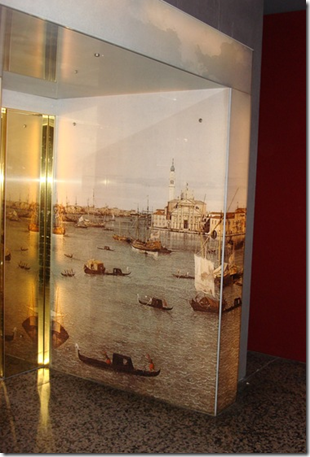
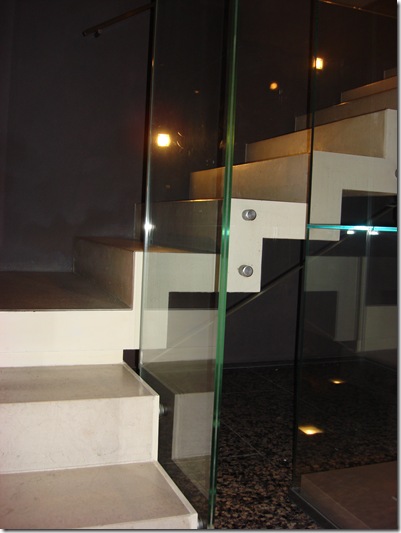
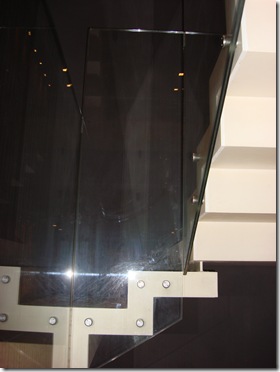
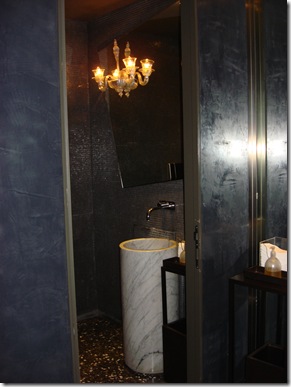
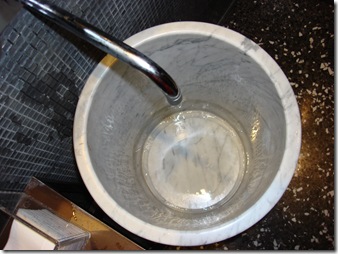
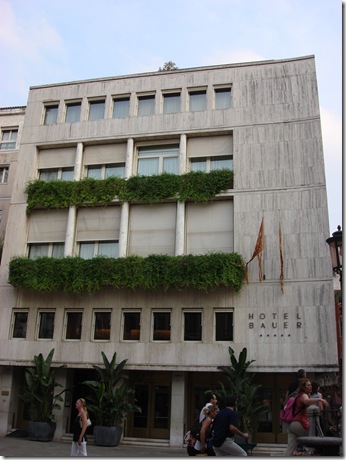


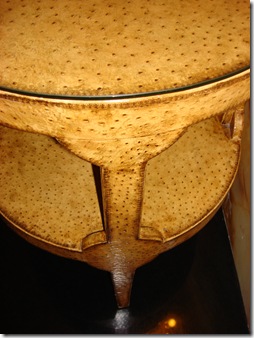
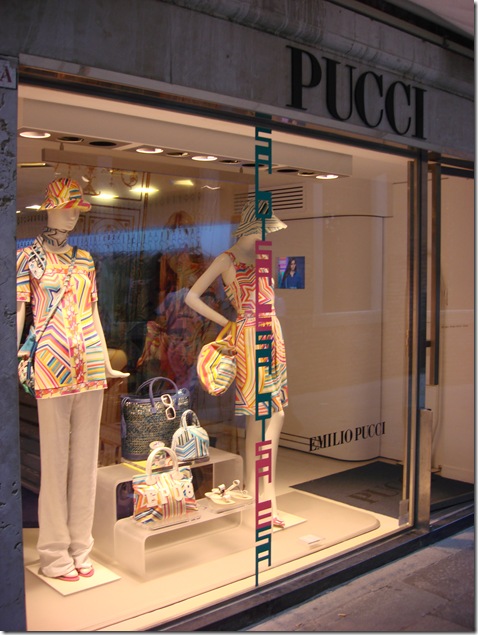
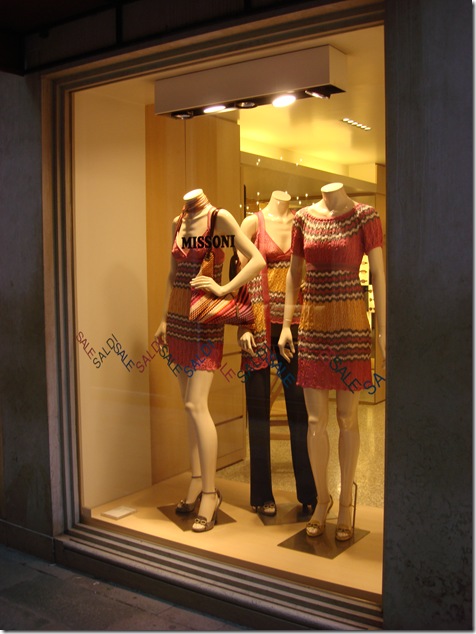
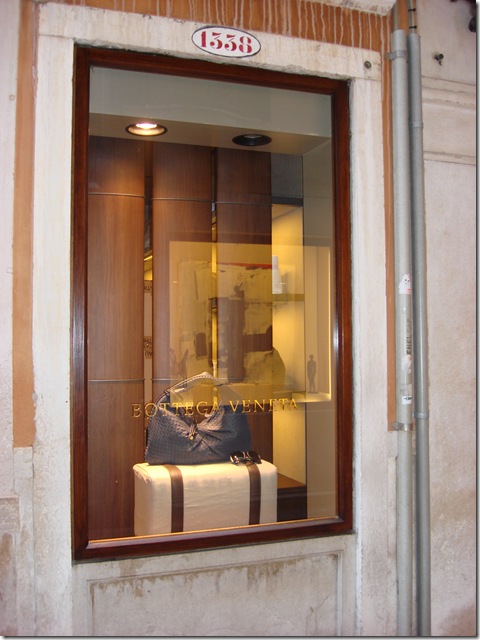
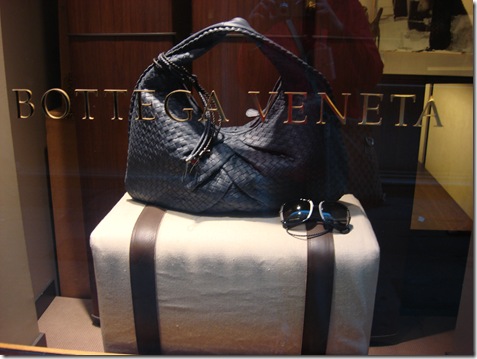
0 komentar:
Posting Komentar